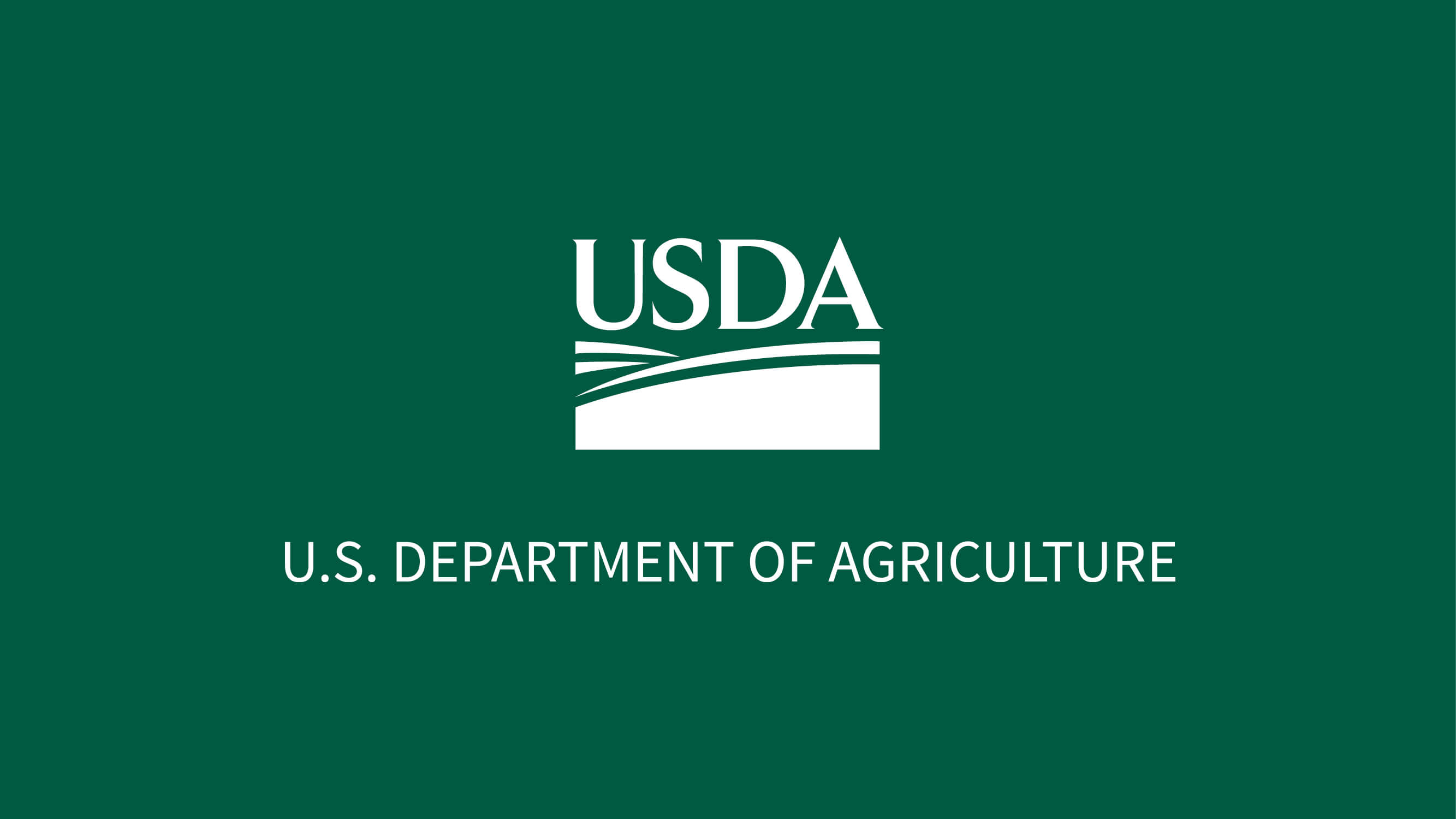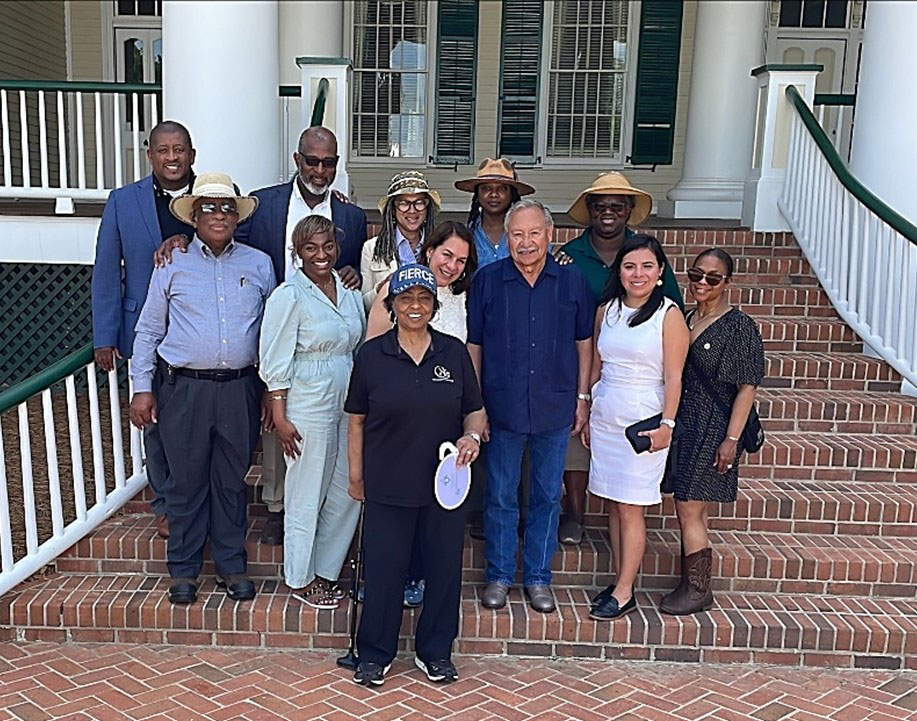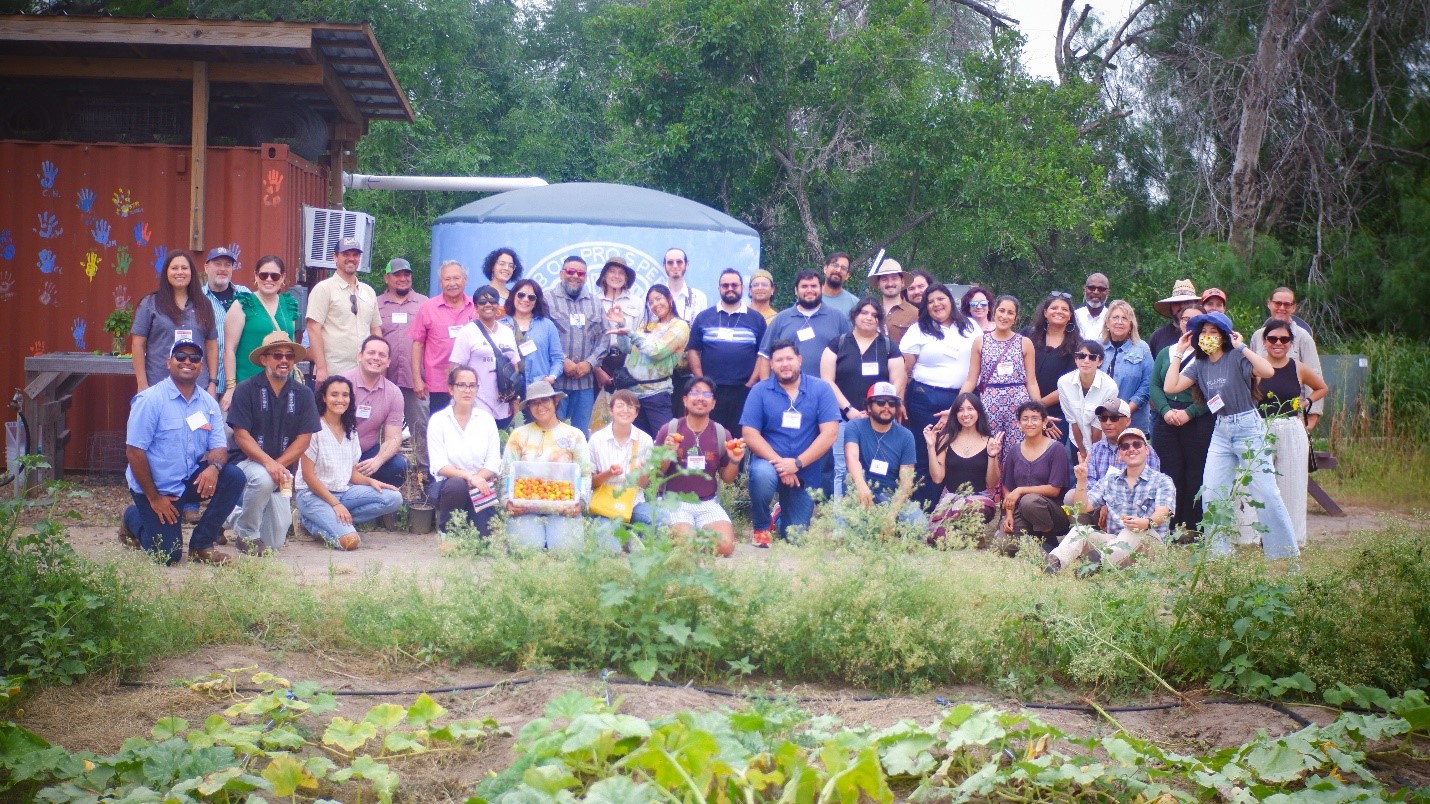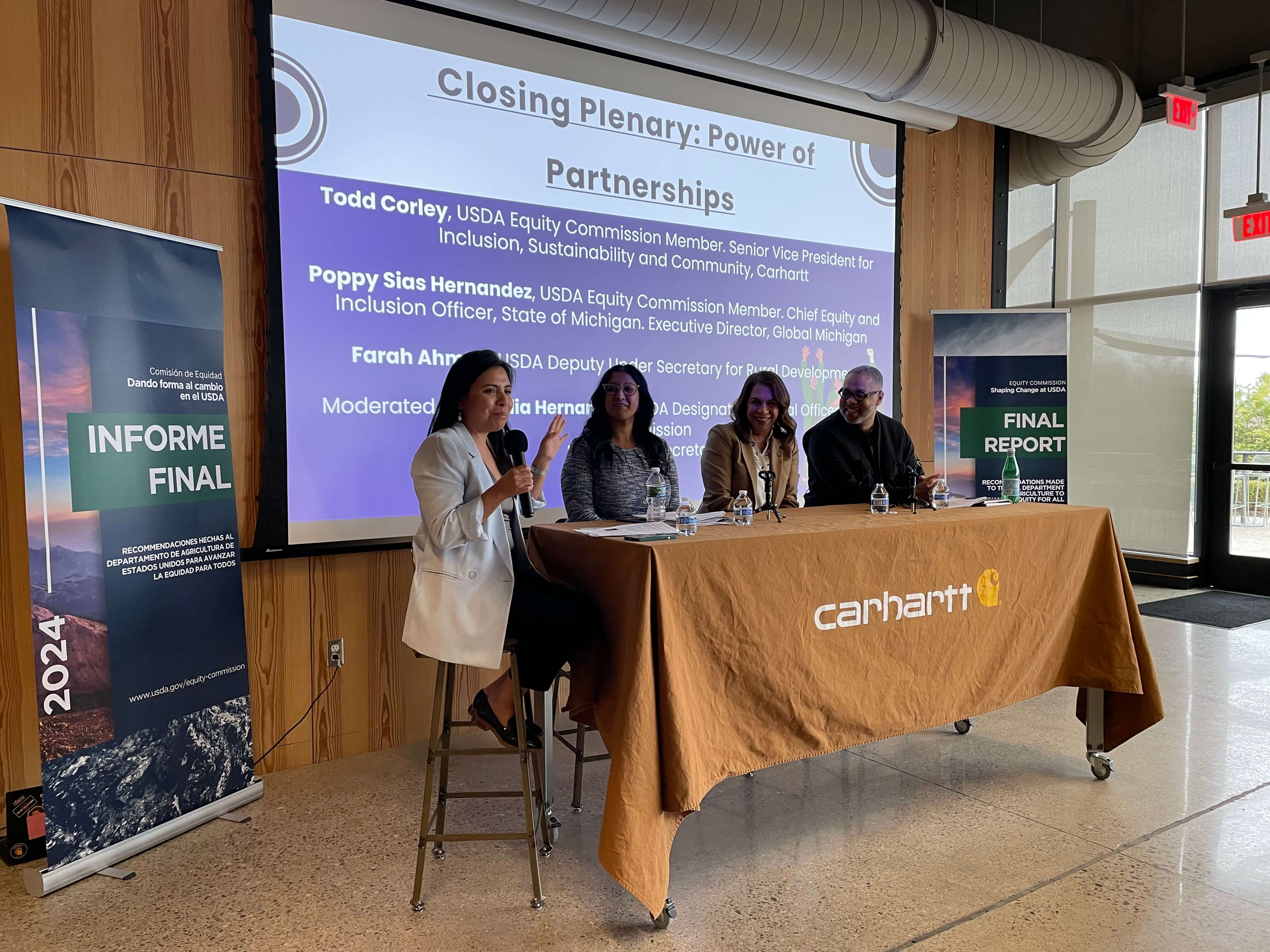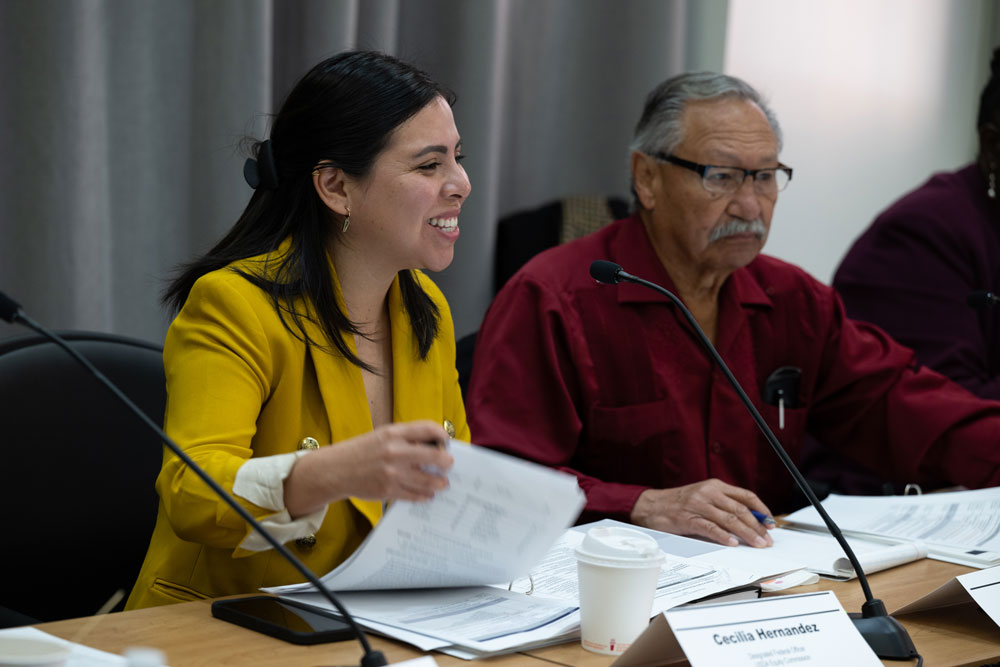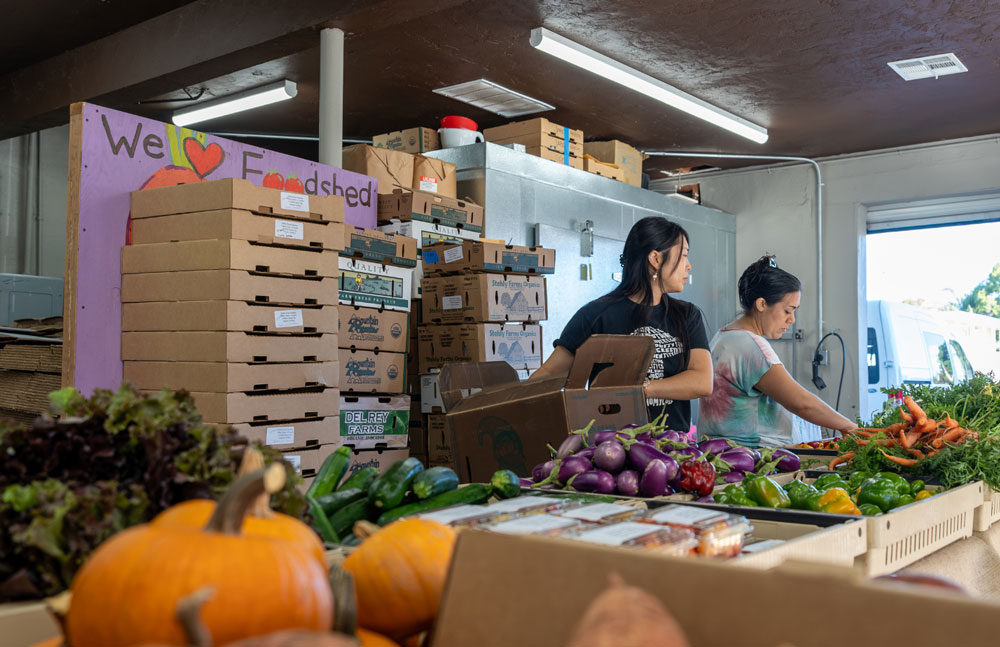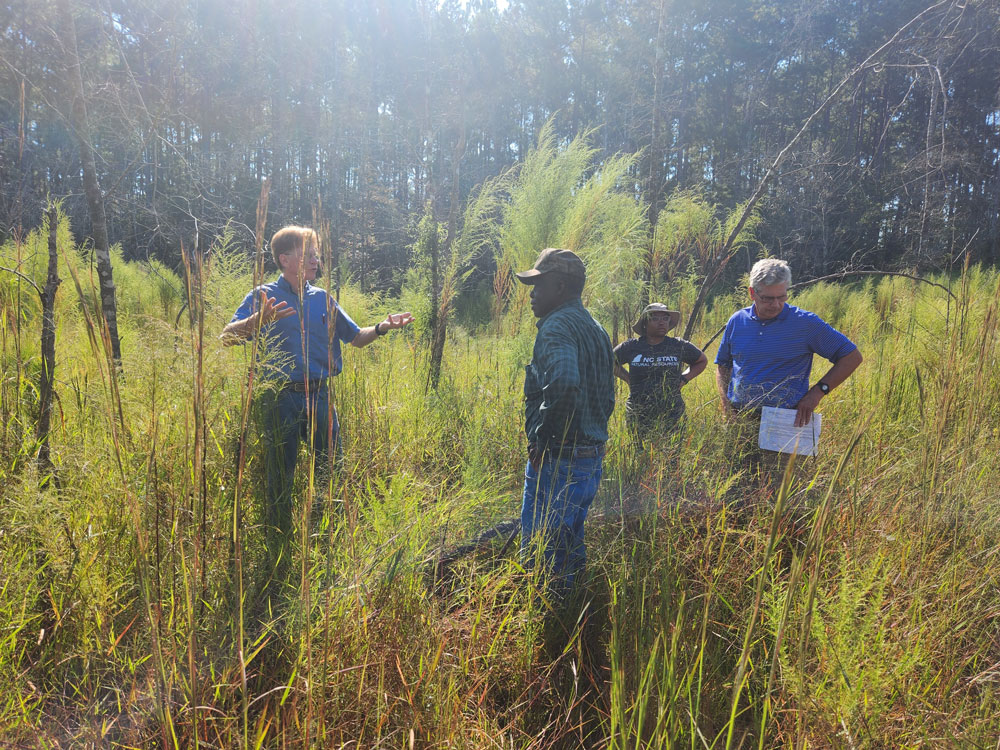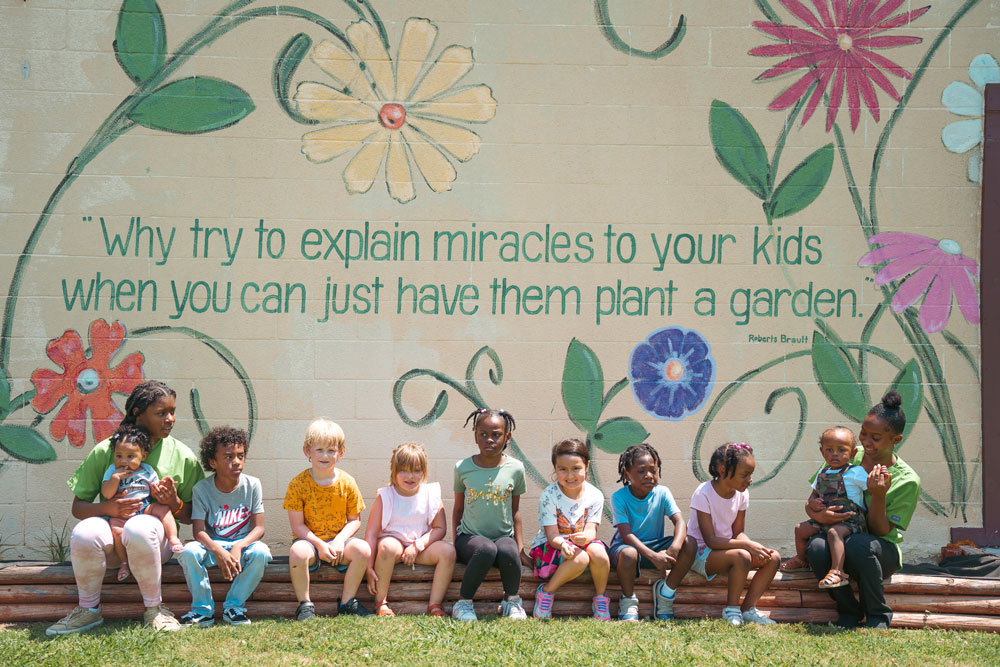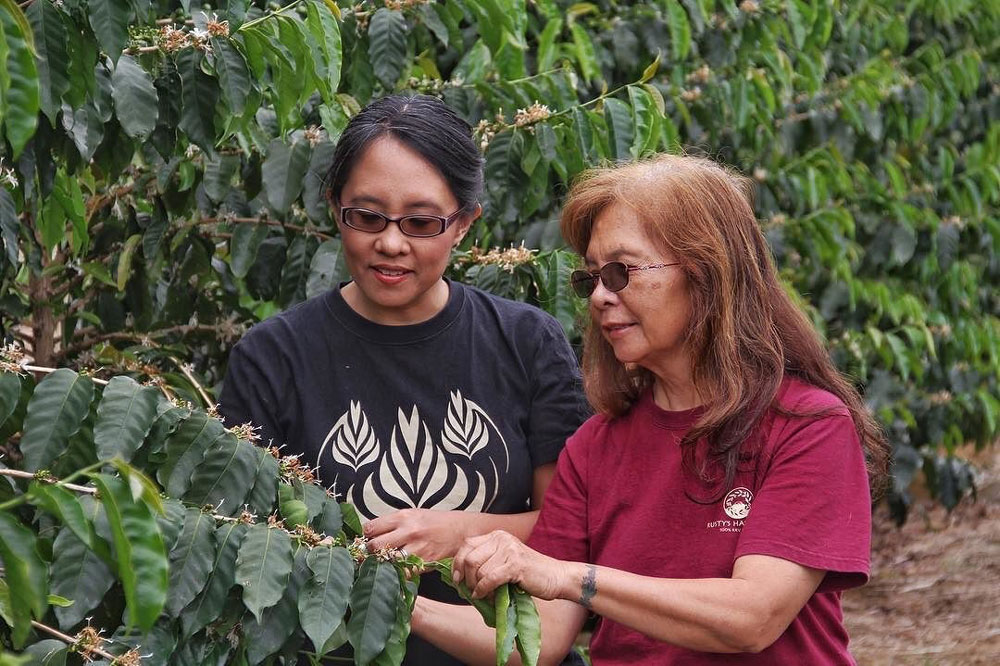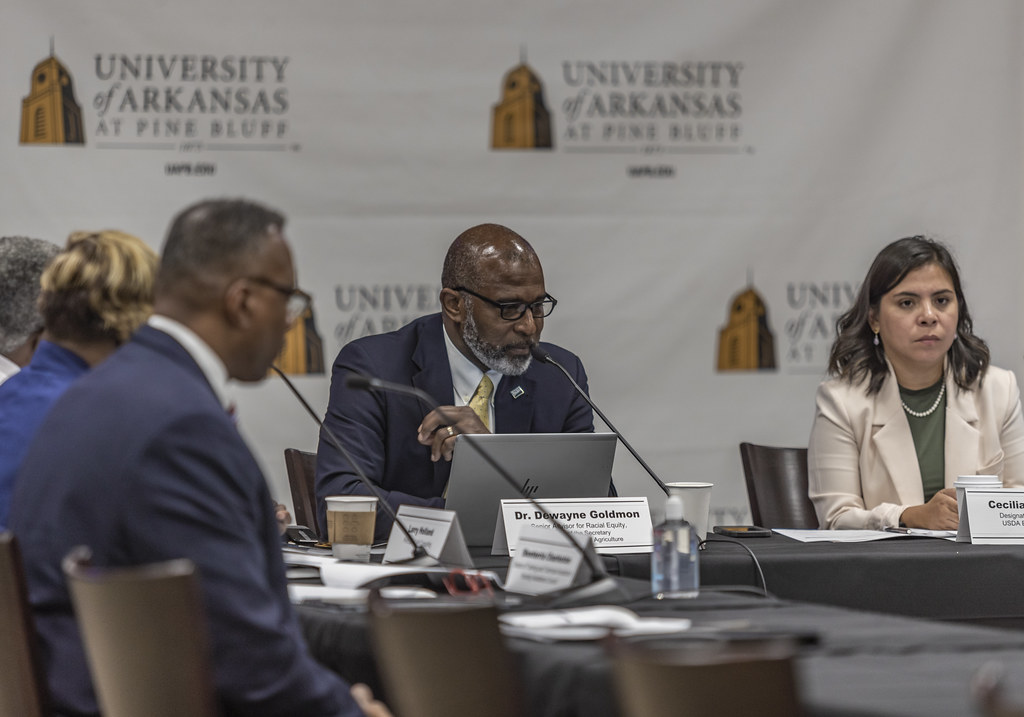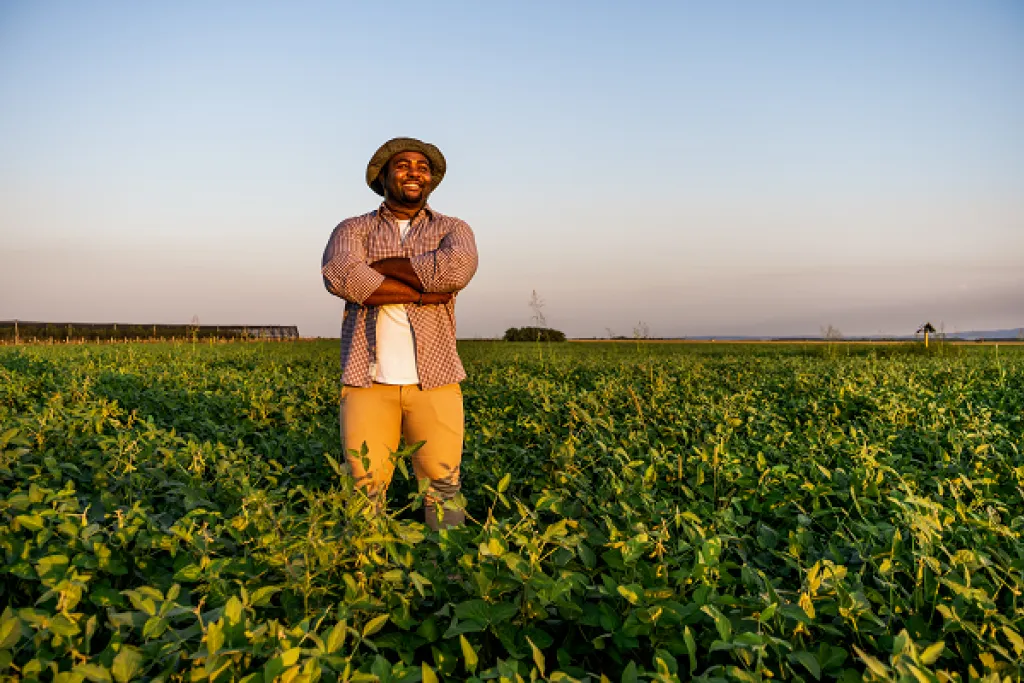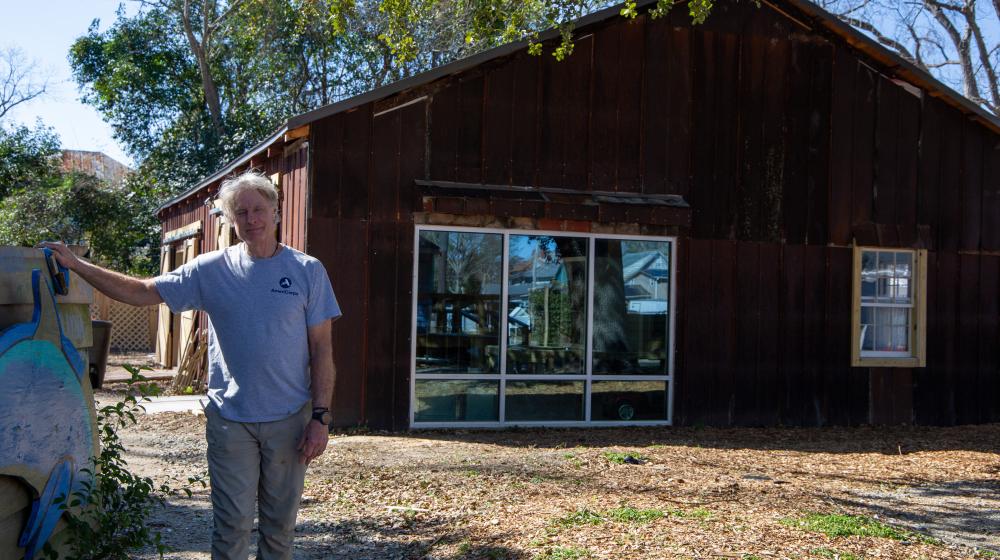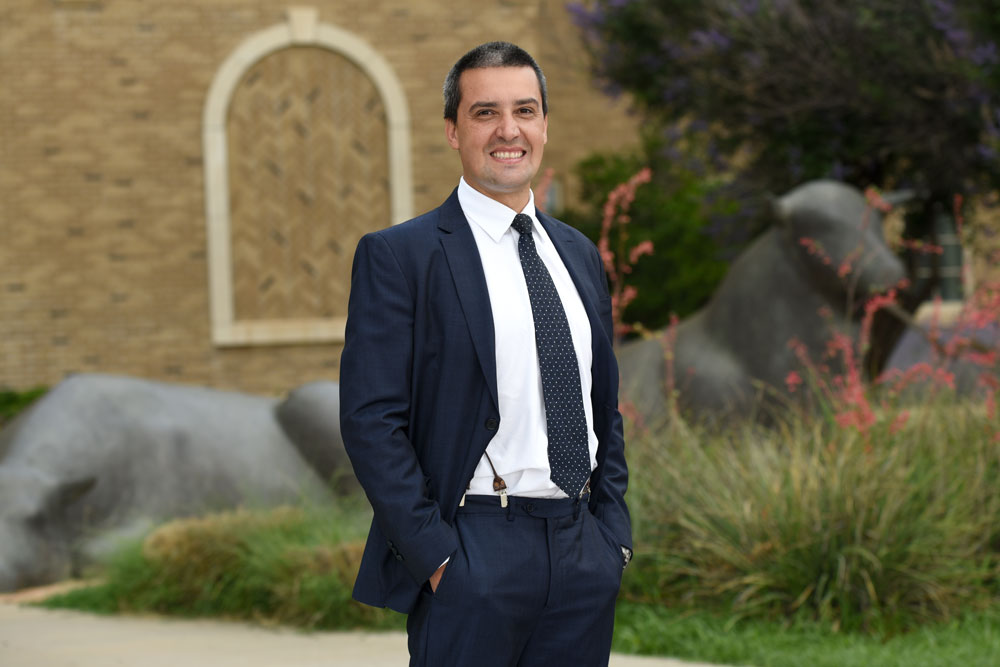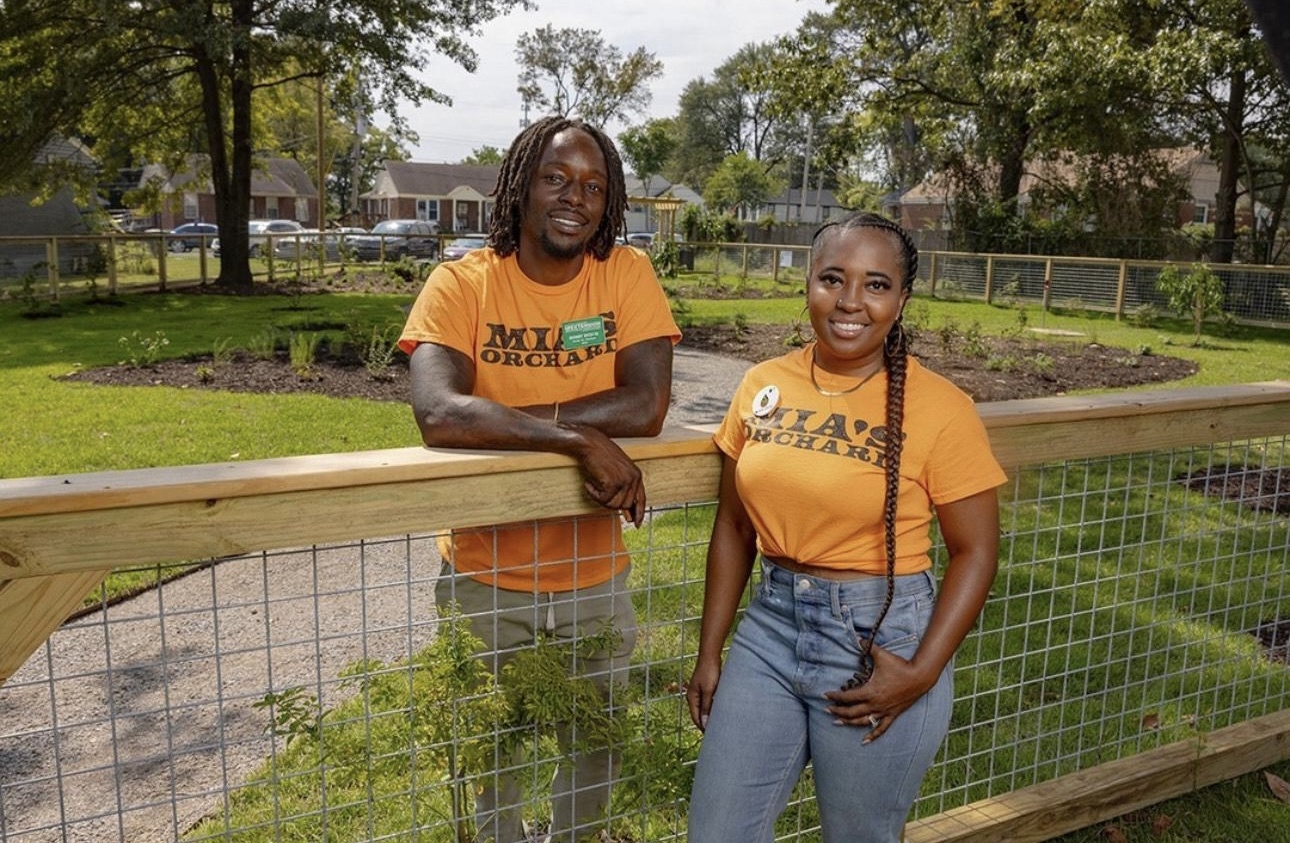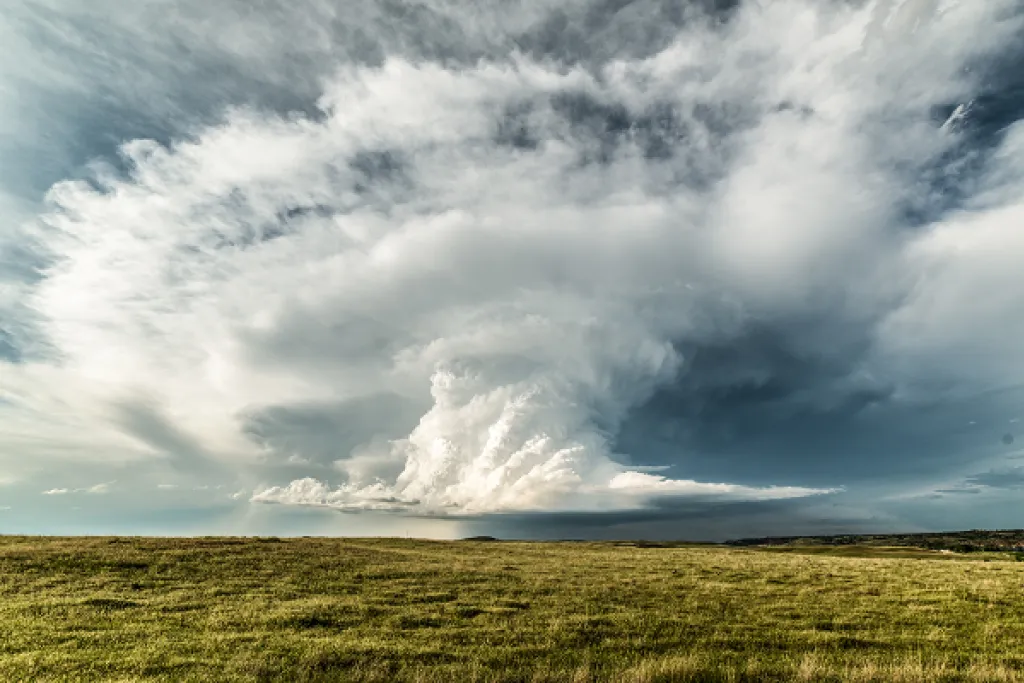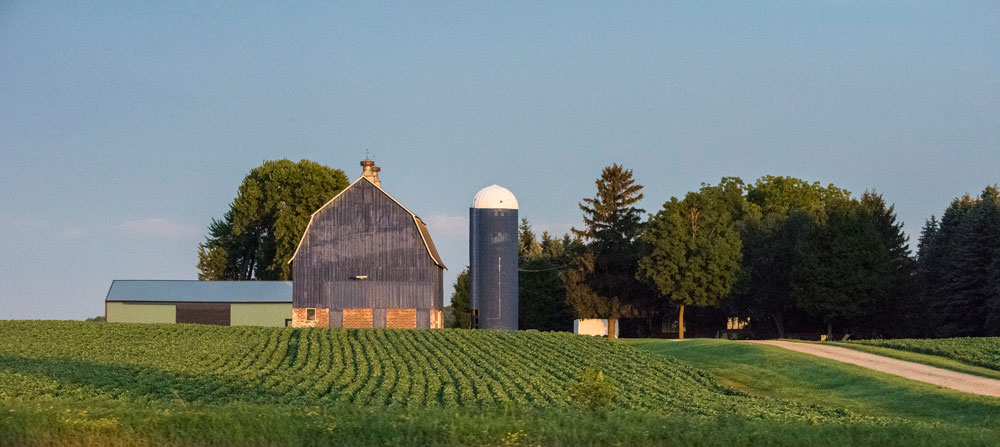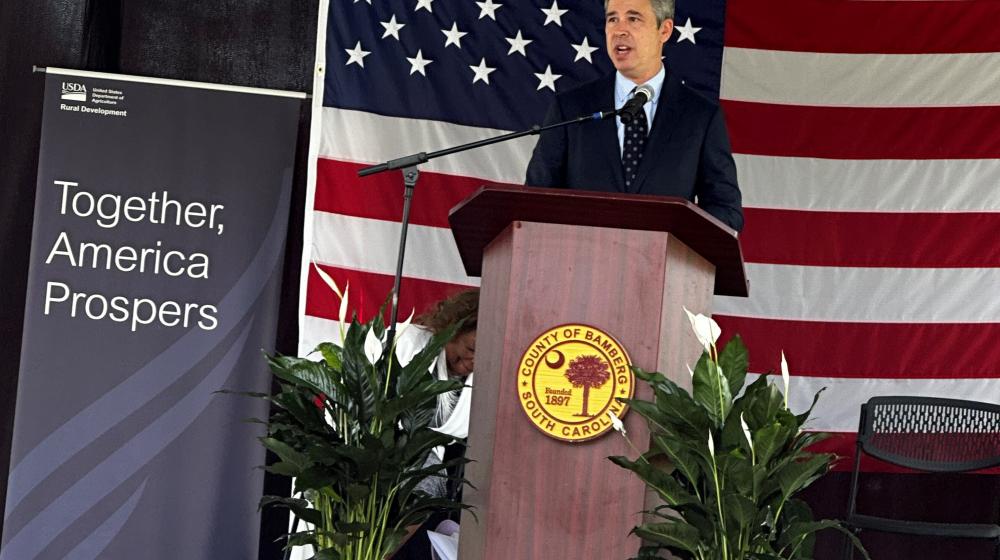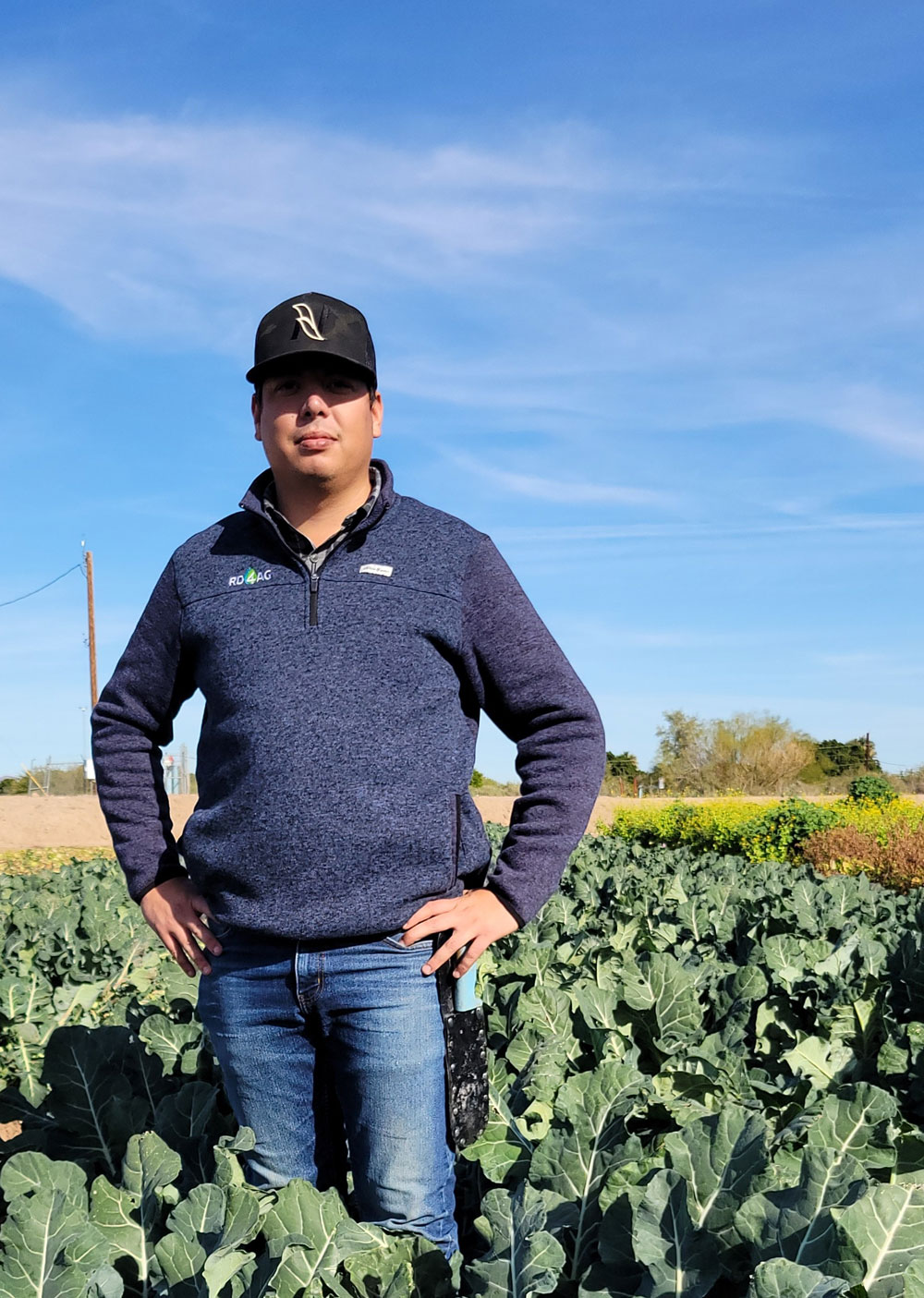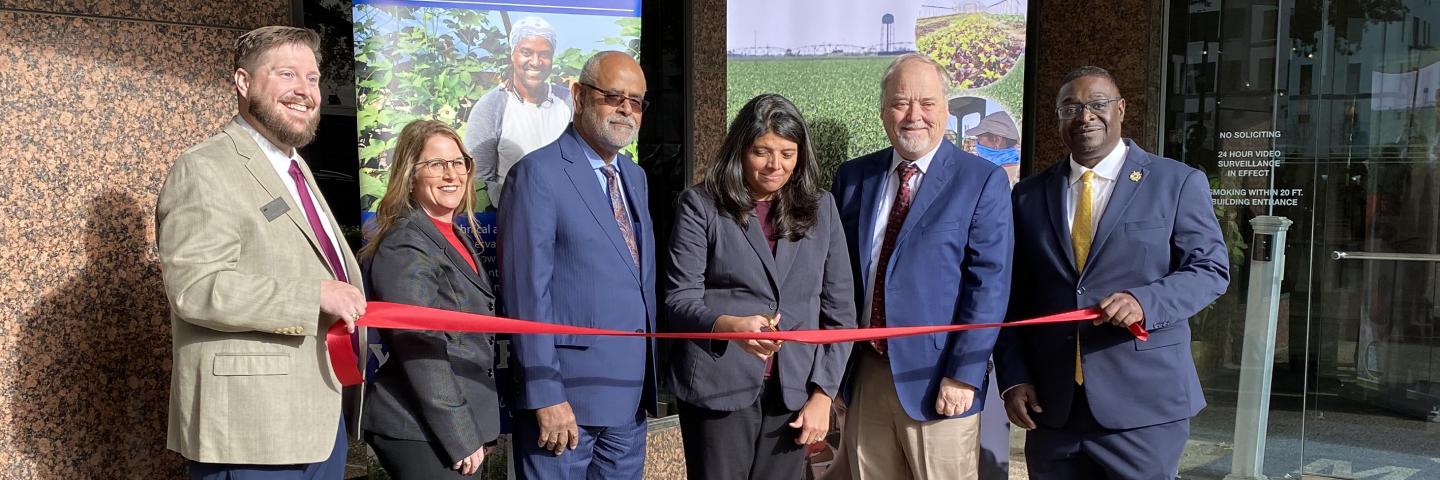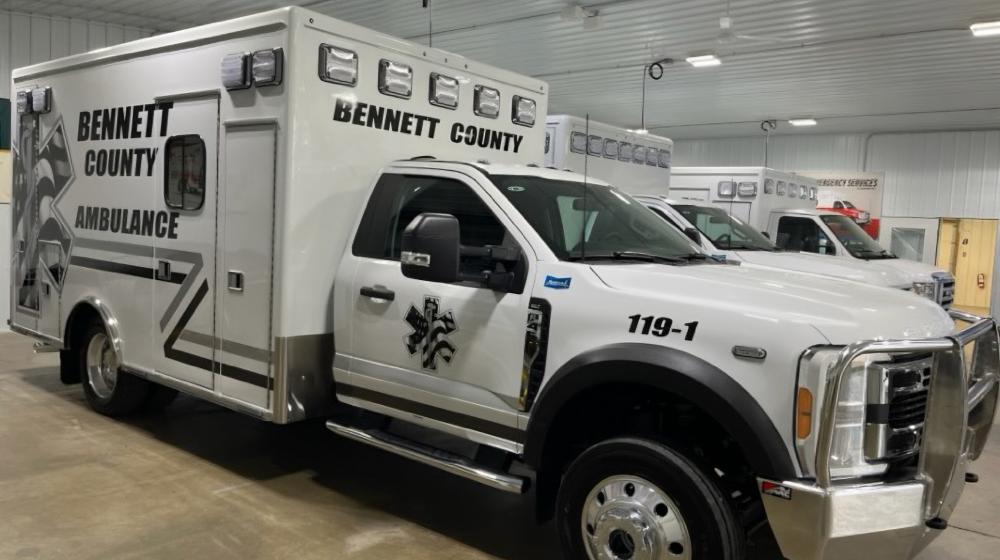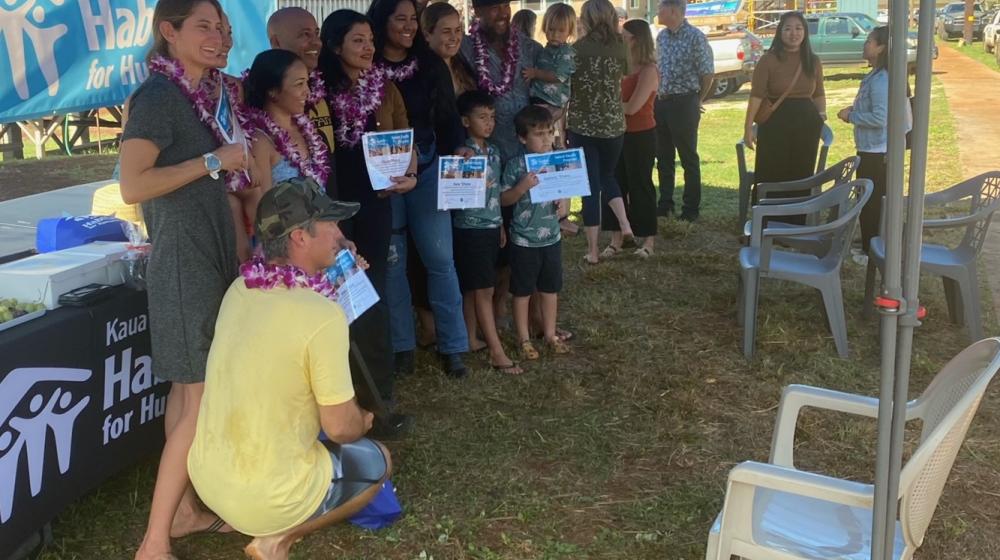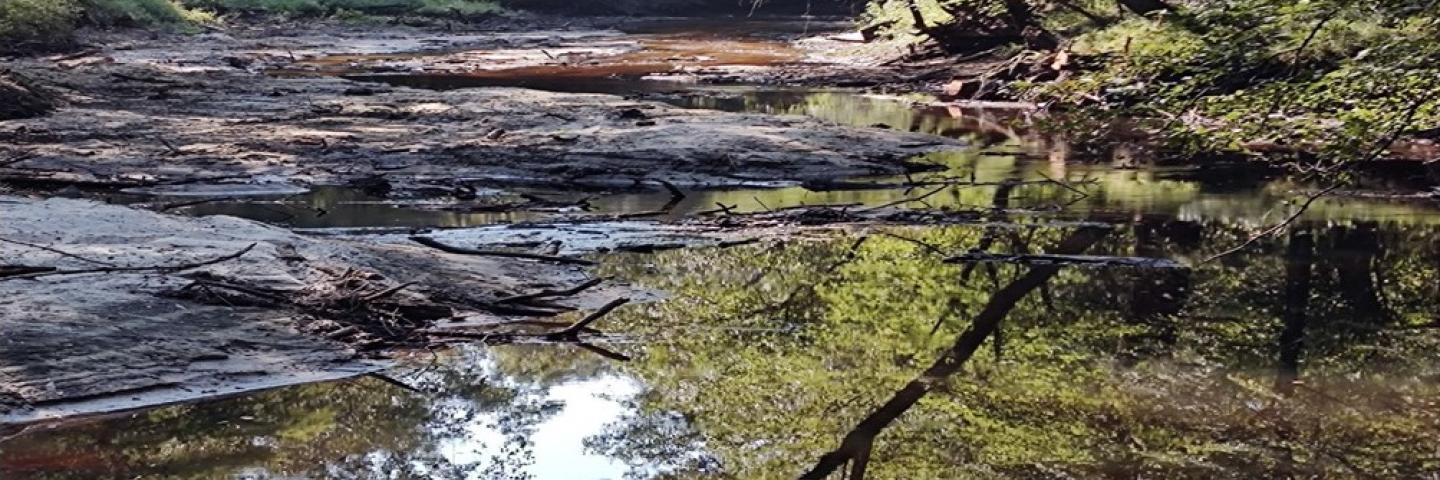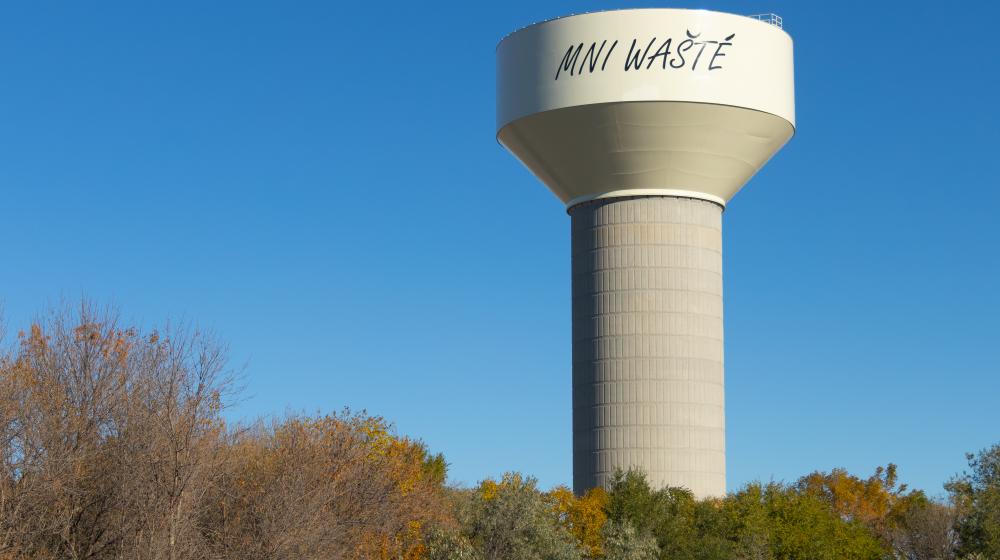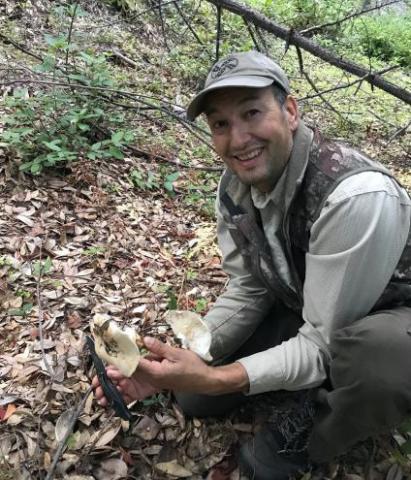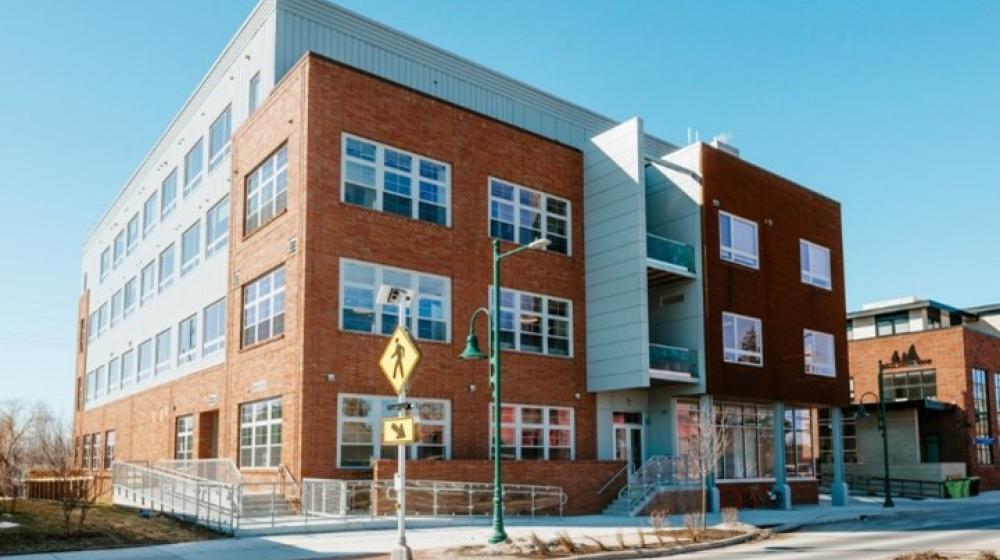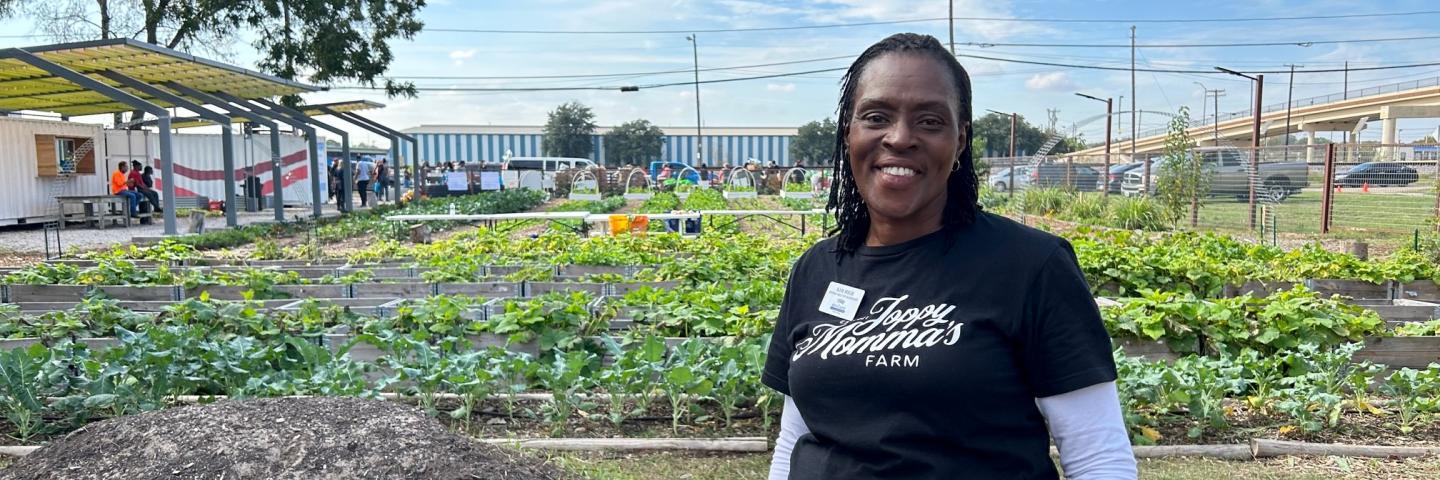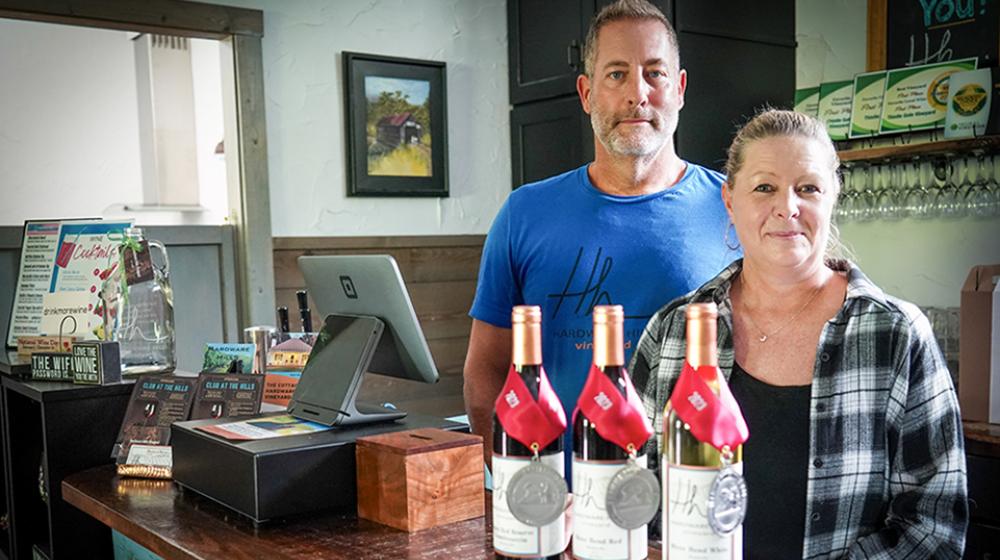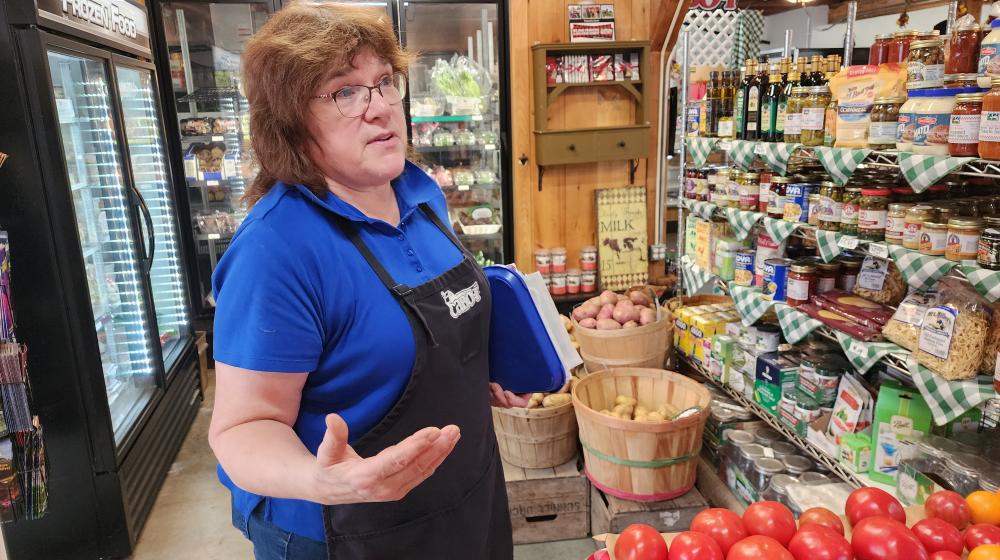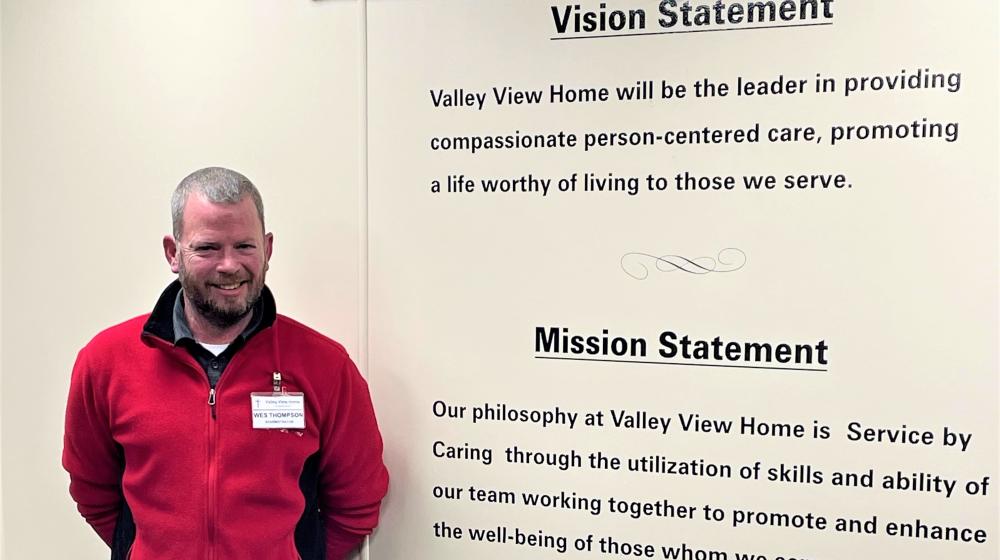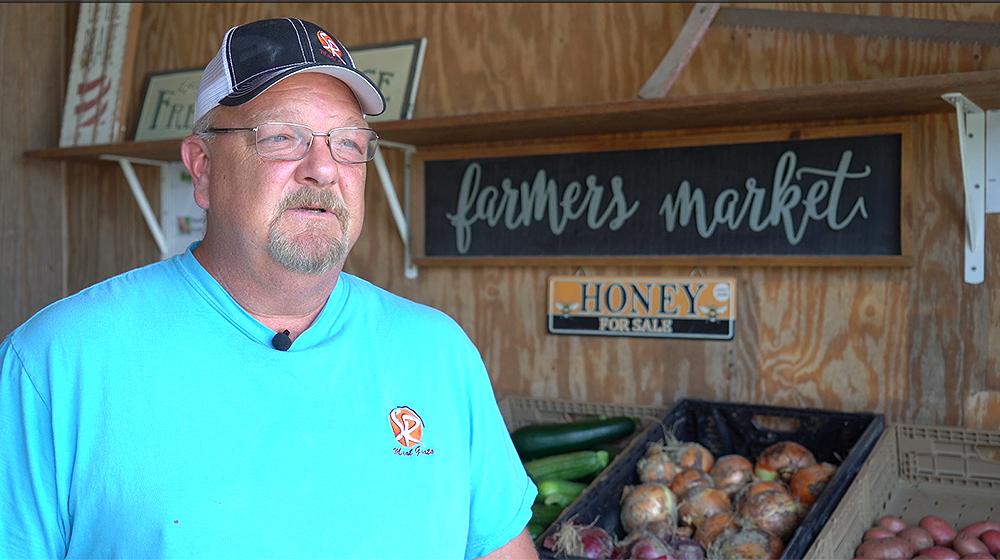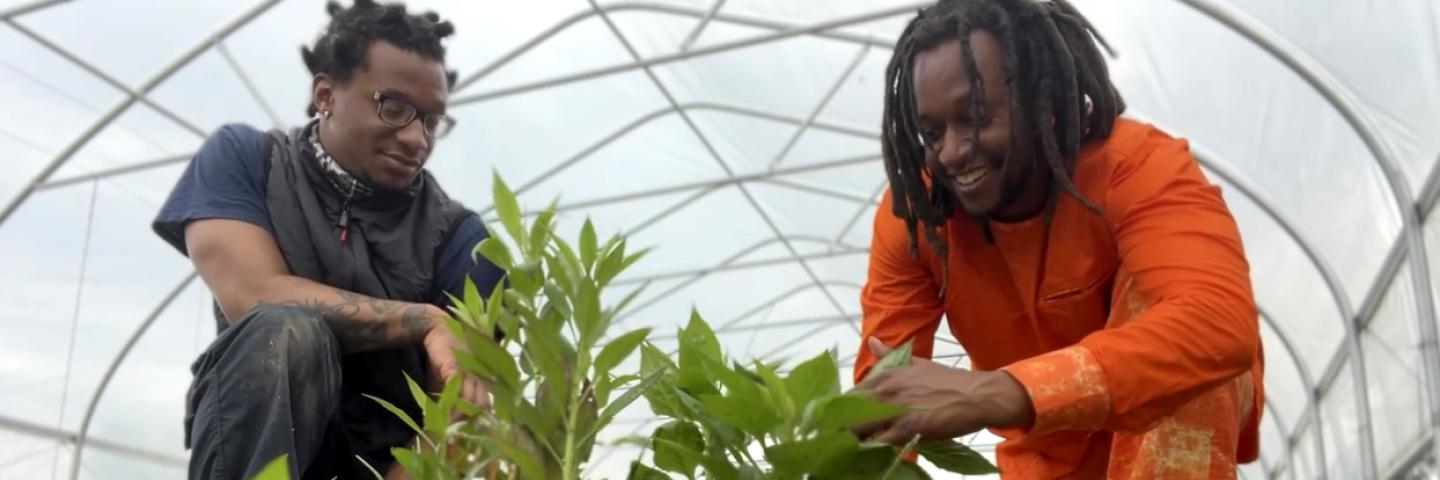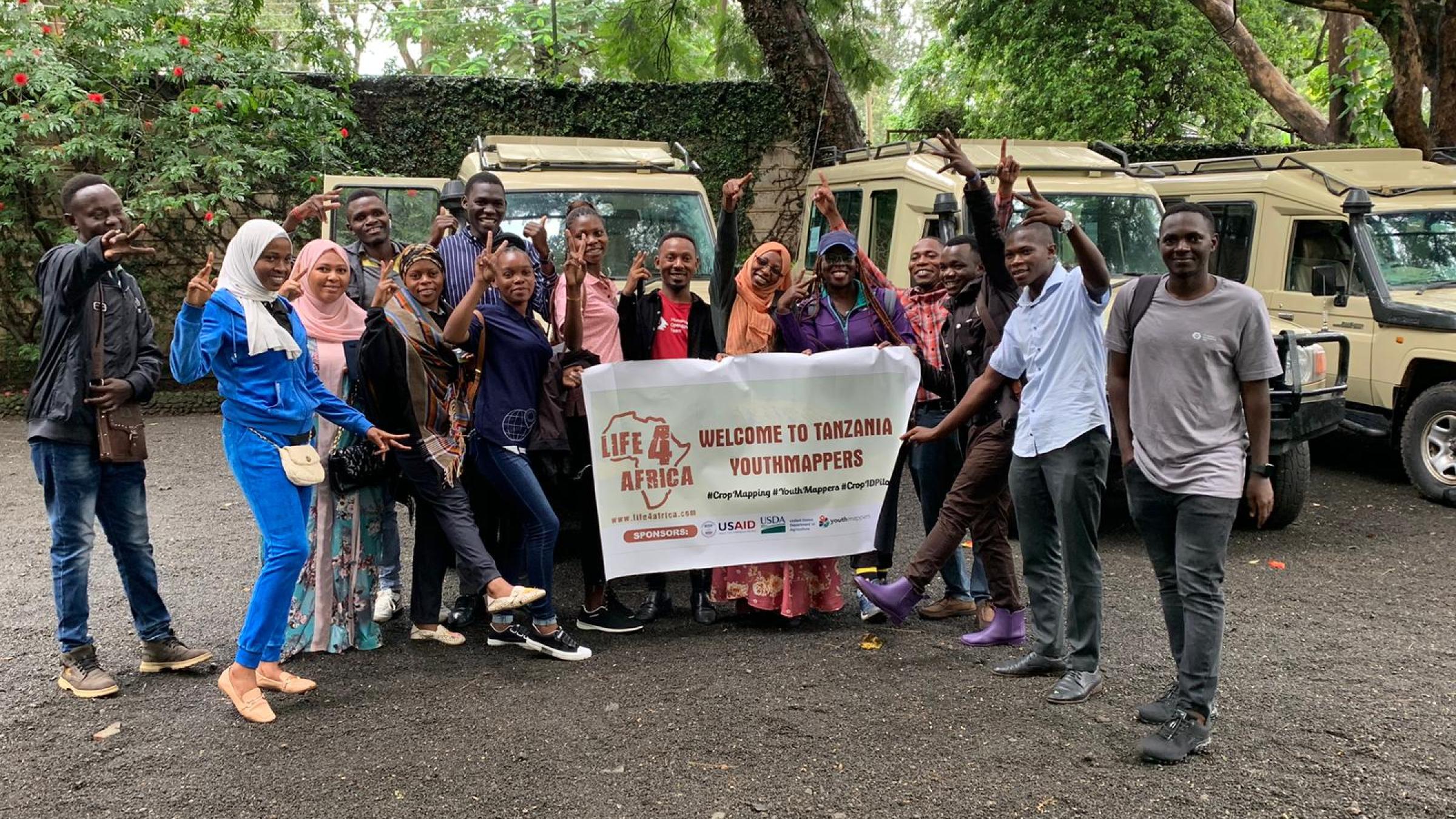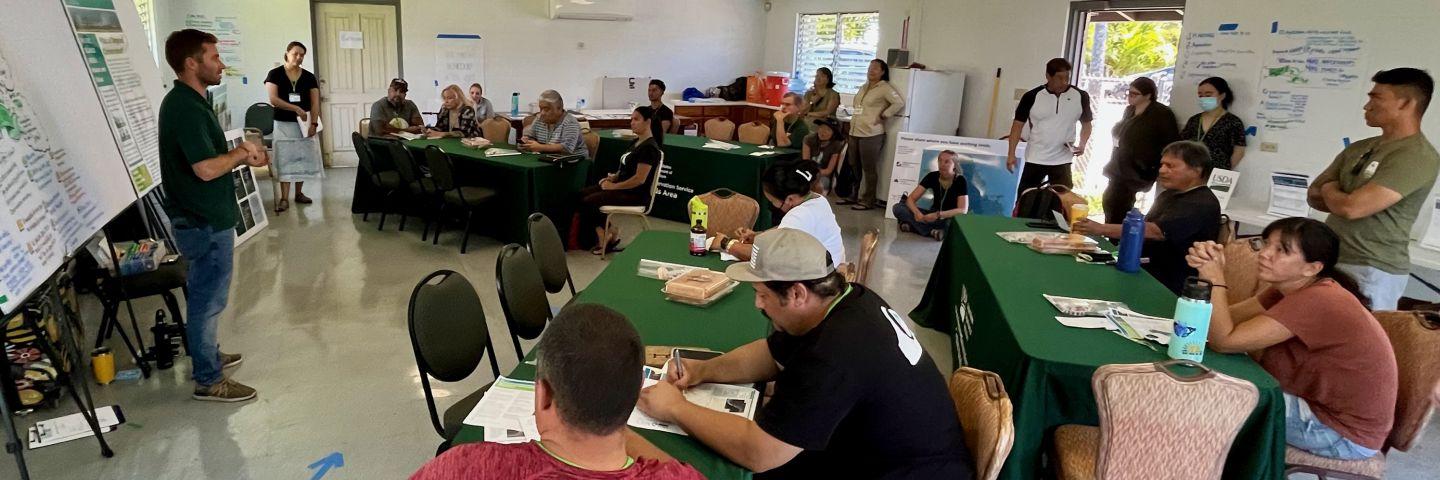USDA’s mission (PDF, 9.6 MB) is:
"To serve all Americans by providing effective, innovative, science-based public policy leadership in agriculture, food and nutrition, natural resource protection and management, rural development, and related issues with a commitment to deliverable equitable and climate-smart opportunities that inspire and help America thrive."
Equity is not an add-on or extra; it is central. To accomplish this mission, we must, together, build and maintain public trust and confidence among USDA stakeholders that this truly is, in the words of President Lincoln, the “People’s Department”. We must: (1) identify and root out systemic discrimination in USDA programs; (2) ensure equitable access to USDA programs and services for all communities, including by removing barriers to access and working to repair past mistakes that have resulted in economic, social, and racial disparities; and (3) promote nutrition security, a healthy environment, and the opportunity for a good life for every person, in every community in America.
Breaking Equity News and Events
Biden-Harris Administration Issues Financial Assistance to More than 43,000 Farmers, Ranchers, and Forest Landowners through the Inflation Reduction Act’s Discrimination Financial Assistance Program
The Biden-Harris Administration announced it has issued payments to eligible applicants under the Inflation Reduction Act’s Discrimination Financial Assistance Program (DFAP), which aims to provide financial assistance to farmers, ranchers, and forest landowners who experienced discrimination prior to January 2021.
Providing Financial Assistance Through Discrimination Financial Assistance Program
- Press release: Biden-Harris Administration Issues Financial Assistance to More than 43,000 Farmers, Ranchers, and Forest Landowners through the Inflation Reduction Act’s Discrimination Financial Assistance Program
- Discrimination Financial Assistance Program: Discrimination Financial Assistance Program Home (22007apply.gov)
- WHAT THEY ARE SAYING: Leaders Across the Country Praise Biden-Harris Administration Actions to Provide Financial Assistance to Farmers Who Experienced Discrimination
USDA Opens Application Period for Composting and Food Waste Reduction Cooperative Agreements. USDA is accepting applications for Composting and Food Waste Reduction (CFWR) pilot projects for fiscal year 2024. The cooperative agreements, using remaining funds from the American Rescue Plan Act, are jointly administered by USDA’s Office of Urban Agriculture and Innovative Production and the National Institute of Food and Agriculture (NIFA). Selected projects will develop and test strategies for planning and implementing municipal compost plans and food waste reduction plans and are part of USDA’s broader efforts to support urban agriculture.
Applications Open for Composting and Food Waste Reduction
- Press release: USDA Opens Application Period for Composting and Food Waste Reduction Cooperative Agreements
- National Strategy for Reducing Food Loss and Waste and Recycling Organics
- Composting and Food Waste Reduction (CFWR) Cooperative Agreements
USDA Convenes Inaugural National Equity Summit, Equity Commission Delivers Final Report
- Press release: USDA Convenes Inaugural National Equity Summit, Equity Commission Delivers Final Report (February 22, 2024)
- USDA Equity Commission
- Equity Committee Final Report (PDF, 2.0 MB)
- USDA Recommendation Implementation Update 2024 (PDF, 4.7 MB)
- Updated Equity Plan (February 14, 2024)
Progress on funds for financially distressed borrowers (Section 22006 of the Inflation Reduction Act). With resources authorized by the Inflation Reduction Act, signed into law by President Biden in August 2022, USDA has, as of August 5, 2024, helped more than 43,800 farmers and ranchers who were in financial distress stay on their farms and farming, providing over $2.4 billion and counting in immediate assistance. The program is part of the Department’s ongoing effort to keep borrowers farming, remove obstacles that currently prevent many borrowers from returning to their land, and improve the way that USDA approaches borrowing and loan servicing in the long-term.
- Additional $208 million in assistance announced November 30, 2023 to help prevent guaranteed borrower foreclosures and to assist emergency loan borrowers
- Additional assistance announced August 11, 2023 for qualifying guaranteed loan borrowers facing financial risk
- The deadline to request extraordinary measures assistance and cash flow-based assistance was December 31, 2023. All requests submitted prior to the December 31, 2023 deadline are currently being reviewed.
- Prior assistance: October 2022 ($800 million) & May 2023 ($130 million)
More USDA Equity NewsUSDA Equity Accomplishments and Resources
Making Equity a Priority
Over the course of its existence, USDA has faced several pivotal moments—times when our direction and efforts can fundamentally reshape the lives of agricultural producers, rural Americans, our country, and the world. Today, we are at such a moment. We must decide—Do we want to continue to use a system that benefits only a few or do we want a system that benefits all? USDA and the Biden-Harris Administration recognize that meeting this moment for all Americans means transforming the current system.
USDA’s work is not just about farms and the people who work them and their associated processes.
- It’s about keeping businesses alive in small towns.
- It’s about school children having access to healthy food grown in their own communities.
- It’s about protecting our planet from droughts and wildfires and natural disasters.
- It’s about America leading the way in what it means to be a sustainable, inclusive, resilient place.
Centering equity in this work is essential.
EQUITY IS: the consistent and systematic treatment of all individuals in a fair, just, and impartial manner, including individuals who belong to communities that often have been denied such treatment, such as Black, Latino, Indigenous and Native American, Asian American, Native Hawaiian, and Pacific Islander persons and other persons of color; members of religious minorities; women and girls; LGBTQI+ persons; persons with disabilities; persons who live in rural areas; persons who live in United States Territories; persons otherwise adversely affected by persistent poverty or inequality; and individuals who belong to multiple such communities.
FROM CONCEPT TO ACTION: USDA has mobilized, department-wide, to remove barriers to access to our programs and services for all Americans, including ensuring USDA resources reach underserved communities and those with the most need. This page shows how.
Agriculture Secretary Tom Vilsack spent time with the 30 Students from Eastern and Western Tribes, Southeast Alaska, and Tuba City, Arizona planting vegetable seeds that are indigenous to North America.
Agriculture Rural Development Under Secretary Xochitl Torres Small, left, announced that USDA is investing $102 million to expand access to housing and water infrastructure for socially disadvantaged rural people who live and work in 45 states and American Samoa, during a visit to Siesta Shores and Falcon Lake in Zapata Co., TX.
USDA Farm Service Agency Administrator Zach Ducheneaux is presented with Sweet Grass by Kipp Family during honoring ceremony before meeting with members of the Blackfeet Extension Stockgrowers/PHLI/Ag Producers to listen to their concerns and discuss solution they are working on to help during a meeting.
Acting Agriculture Deputy Secretary Kevin Shea welcomes students from the National 4-H conference to the Department of Agriculture in Washington, D.C.
Agriculture Deputy Under Secretary, Research, Education, and Economics Sanah Baig, Acting Agriculture Deputy Secretary Kevin Shea and U.S. National Institute of Food and Agriculture Director Dr. Dionne Toombs welcome students from the National 4-H conference to the Department of Agriculture in Washington, D.C.
U.S. Department of Health and Human Services Assistant Secretary for Health, Admiral Rachel Levine and Food, Nutrition, and Consumer Services Deputy Under Secretary Stacy Dean visited Watkins ES in Washington, D.C. in recognition of National Nutrition Month.
USDA Agricultural Research Service Administrator Dr. Chavonda Jacobs-Young (center) visits with scientists and engineers participating in the “Meet the Scientists and Engineers Program,” during the 4th USA Science and Engineering Festival at the Walter E. Washington Convention Center, in Washington D.C.
Agriculture Under Secretary for Marketing and Regulatory Programs Jenny Lester Moffitt greets a vendor at the USDA Farmer's Market.
Agriculture Deputy Under Secretary, Research, Education, and Economics Sanah Baig meets with Max Finberg, Growing Hope Globally as USDA resumes hosting its annual Ramadan Iftar Celebration.
Environmental Justice - USDA's Commitment
- What is Environmental Justice
-
“Environmental justice” means the just treatment and meaningful involvement of all people, regardless of income, race, color, national origin, Tribal affiliation, or disability in agency decision-making and other federal activities that affect human health and the environment. Achieving environmental justice, as outlined in Executive Order (EO) 12898 from 1994 and EO 14096 from 2023, is contingent on equitable access to a healthy, sustainable, and resilient environment in which to live, play, work, learn, grow, worship, and engage in cultural and subsistence practices.
- Our Commitment to You
-
Given that USDA's programs impact almost every American every day, the Department is well positioned to support the development of inclusive, sustainable economies, protection from environmental harms, and equitable investment by USDA programs and services across diverse landscapes and communities. USDA’s vision for environmental justice is not only to institutionalize environmental justice principles across USDA, but to continuously improve our ability to equitably serve all Americans and make a positive difference in the lives of communities that have been overburdened and underserved.
- How might USDA’s commitment and efforts impact me or my community?
-
- USDA is committed to serving all Americans by providing effective, innovative, science-based public policy leadership in agriculture, food and nutrition, natural resource protection and management, rural development, and equitable delivery of climate-smart opportunities that inspire and help Americans to thrive.
- USDA is committed to supporting inclusive, sustainable economies; mitigating legacy pollution; protecting communities from environmental hazards; promoting climate-smart solutions to agriculture and energy; implementing consistent, meaningful public engagement; and addressing barriers to access of federal resources, services, and programs.
- USDA is committed to, to the degree feasible, minimizing the disproportionately high and adverse impacts of its activities and investments on communities with environmental justice concerns and to addressing and resolving environmental justice issues and complaints as they arise.
- USDA is committed to integrating the best education, research, outreach, and technical assistance into programs so they meet the needs of our stakeholders and customers in communities with environmental justice concerns.
- USDA is committed to working collaboratively with federal, Tribal, state, and local governments, non-governmental organizations, and private individuals to address the underlying conditions that put people and communities at risk and to assisting communities across the Nation in striving to achieve environmentally suitable living and working conditions.
- USDA is committed to increasing the awareness, skills, and abilities of USDA leadership and staff regarding environmental justice and will strive to ensure sufficient capacity to support work related to environmental justice.
- USDA Environmental Justice Strategic Plan
-
Please check back soon for USDA’s forthcoming Environmental Justice Strategic Plan.
- Environmental Justice Scorecard
-
The annual White House Environmental Justice Scorecard is the first-ever government-wide assessment of actions the Federal government is taking to advance environmental justice. USDA’s Scorecards assess the Department’s investments and actions associated with the Justice40 Initiative, efforts in support of the Civil Rights Act and other laws, and the Department's progress in institutionalizing environmental justice through staffing, policies, activities, stakeholder engagement, and decision processes.
You may view USDA’s Phase Two Environmental Justice Scorecard, covering activities and accomplishments from October 1st, 2022, through September 30, 2023. You may also view USDA’s Phase One Scorecard, covering activities and accomplishments from October 1, 2021, through September 30, 2022.
- The Justice40 Initiative
-
The Justice40 Initiative, launched through Executive Order 14008, Tackling the Climate Crisis at Home and Abroad, sets a government-wide goal of directing 40% of the overall benefits of certain Federal investments from covered programs to flow to disadvantaged communities that have been marginalized by underinvestment and overburdened by pollution.
As of November of 2023, USDA has 70 Justice40 Initiative covered programs that achieve outcomes related to: climate change, clean energy, energy efficiency, clean transportation, affordable and sustainable housing, training and workforce development, environmental remediation, and reduction of legacy pollution, as well as infrastructure development for clean water and wastewater.
Strategy for Impact
In response to Executive Order 13985, Advancing Racial Equity and Support for Underserved Communities through the Federal Government, and Executive Order 14091, Further Advancing Racial Equity and Support for Underserved Communities through the Federal Government, USDA has adopted seven department-wide strategies to advance equity over the coming year:
- Broaden access to agricultural programs. Ensure agricultural resources and assistance for producers are broadly accessible, while creating new, more, and better market opportunities so USDA policies and programs advance agriculture for all who want to participate, not just a few, promoting rural prosperity and economic security.
- Promote rural prosperity. Promote prosperity and economic security in rural communities by empowering people with modern infrastructure, connecting business owners to new opportunities for growth, and supporting community-driven solutions to build brighter futures in rural America.
- Promote nutrition security. Promote nutrition security and health equity through USDA nutrition assistance programs to ensure all Americans have access to the nutrition they need.
- Broaden access to forest resources and outdoor experiences. Ensure equitable access to forest resources, funding opportunities, and outdoor experiences; and target wildfire prevention and conservation investments where they are most needed.
- Advance equity in federal procurement by providing underserved and disadvantaged businesses tools and resources to increase access to funding opportunities and by helping promote safe and secure provision of services and supplies.
- Empower tribal sovereignty. Empower tribal sovereignty and uphold treaty responsibilities to Indian tribes, removing barriers to access USDA programs and incorporating indigenous values and perspectives in program design and delivery.
- Protect civil rights. Commit unwaveringly to civil rights by improving tools, skills, capacity, and processes to more effectively and efficiently enforce them.
These strategies update USDA’s 2022 Equity Action Plan, learning from hundreds of engagements with our customers and would-be customers—through listening sessions, requests for information, outreach events, tribal consultations, and advisory committees (including, preeminently, USDA’s Equity Commission).
We will operationalize our goals using
Equity Accomplishments
For more on USDA’s equity strategy and progress since 2021, visit the Equity Accomplishments page and the Equity Action Plans page.
Stories
Equity Commission: Shaping Change at USDA
USDA's Equity Commission is an independent body with 41 Commission and Subcommittee members charged with evaluating USDA programs and services and developing recommendations on how we can reduce barriers. Using this information, USDA will make needed changes so that the Department's programs, services, and decisions reflect the values of equity and inclusion. This will ensure everyone has a fair shot at resources, begin closing the racial wealth gap, and address longstanding inequities in agriculture. In October 2023, the body finalized its work by voting on a total of 66 recommendations that will be included in the Final Report to be published in 2024.
The work of the Equity Commission is empowering USDA to objectively confront the hard reality of past and help build back better by serving our customers fairly and equitably.
Building a More Diverse USDA
Leading with Diversity, Equity, Inclusion, and Access Front and Center: USDA’s commitment to diversity and equity includes both committed leadership and strong policy. USDA has issued a robust diversity, equity, inclusion and accessibility (DEIA) strategic plan and has hired a Chief Diversity and Inclusion Officer (CDIO) and other staff to implement it. The CDIO leads USDAʼs work to build an organization that reflects the diversity of the communities USDA serves, bringing the best talent to USDA, retaining and investing in our workforce, and creating a culture where everyone feels welcomed.
At the core of USDAʼs Diversity, Equity, Inclusion, and Accessibility Strategic Plan are six focus areas for the next five years:
- Build a culture that drives trust, belonging, transparency, accountability, and employee empathy.
- Achieve a workforce representative of Americans that inspires development of innovative ideas and best practices.
- Foster a workplace environment that is physically, mentally, and emotionally safe.
- Establish leadership and governance structures to support long-term and sustainable DEIA efforts.
- Promote empowerment, responsibility, and accountability for DEIA through developing the workforce.
- Demonstrate a commitment to a diverse, equitable, inclusive, and accessible USDA through accountability, data collection, analysis, and effective policymaking.
USDA DEIA Strategic Plan (PDF, 1.2 MB)
Other Equity Resources
- USDA Equity Accomplishments and Resources
- USDA Equity News Releases
- USDA Equity Blog
- USDA Equity Commission
- Interim Report (PDF, 1.2 MB) (February 2023) | En Español (PDF, 1.3 MB)
- USDA Response to Equity Commission Interim Report 2023 (PDF, 642 KB) | En Español (PDF, 623 KB)
- Upcoming Equity Commission Public Meeting – Registration (June 27, 28, 29, 2023)
- Equity Commission Members
- Equity Commission Resources and Tools
- USDA Equity Action Plans | 2023 Update Summary | 2022 Plan Summary
- USDA Executive Order 13085 Request for Information (RFI) Summary (2021)
- USDA Strategic Plan for Financial Year 2022-2026 (PDF, 9.6 MB)
- USDA Environmental Justice Scorecard (April 2023)
- USDA Language Access Plan (PDF, 520 KB)
- Learn even more
-
-
Assistance for Agricultural Producers: Get Started! A Guide to USDA Resources for Historically Underserved Farmers and Ranchers (PDF, 2 MB) (July 2022) (Also available in Spanish, Hmong, Korean, Vietnamese, Thai, and Chinese)
-
Key Statutes: American Rescue Plan Act (ARPA), Inflation Reduction Act
-
American Rescue Plan Act Section 1006
-
American Rescue Plan of 2021 (Feb. 22, 2021)
-
White House: Advancing Equity through The American Rescue Plan Report (May 2022)
-
Press release - Aug. 24, 2022 - USDA Announces $550 Million in American Rescue Plan Funding for Projects Benefiting Underserved Agricultural Producers and Minority Serving Institutions that Create Career Development Opportunities for Next Generation Leaders
-
Fact sheet – Equity at the Center of All USDA Activities (PDF, 1.4 MB)
-
Fact sheet – FSA: Increasing Land, Capital, and Market Access Program (PDF, 381 KB)
-
Fact sheet – NIFA 1006 Components (PDF, 105 KB)
-
Inflation Reduction Act (IRA) Section 22006: Progress for Distressed Farmers Facing Financial Risk
-
Inflation Reduction Act (IRA) Section 22007: Financial Assistance to Borrowers Who Have Faced Discrimination
-
Farmers.gov/22007 (frequently updated)
-
Next Steps in Providing Financial Assistance to Borrowers Who Have Faced Discrimination: Organizational Deadline (March 14, 2023)
-
USDA Announces Next Steps in Providing Financial Assistance to Borrowers Who Have Faced Discrimination (March 1, 2023) (Note: updated above)
-
Press release: USDA Seeking Public Comment on a New Provision to Provide Assistance to Agricultural Producers Who Have Experienced Discrimination
-
-
-
Equity-related Executive Orders and Whole-of-Government Memos
-
-
List of USDA covered programs (PDF, 211 KB)
-
-
EO 14096: “Revitalizing our Nation’s Commitment to Environmental Justice for All” (April 21, 2023)
-
EO 14091: “Further Advancing Racial Equity and Support for Underserved Communities Through the Federal Government” (February 16, 2023)
-
EO 14075: “Advancing Equality for Lesbian, Gay, Bisexual, Transgender, Queer, and Intersex Individuals” (June 15, 2022)
-
EO 14058: “Transforming Federal Customer Experience and Service Delivery to Rebuild Trust in Government” (December 13, 2021)
-
Memo to Agencies: Advancing Equity in Procurement (Dec. 2, 2021)
-
Strategic Plan to Advance Diversity, Equity, Inclusion, and Accessibility in the Federal Workforce (Nov. 23, 2021)
-
EO 14035: “Diversity, Equity, Inclusion, and Accessibility in the Federal Workforce” (June 25, 2021)
-
EO 14020: “Establishment of the White House Gender Policy Council” (March 8, 2021)
-
EO 14008: “Tackling the Climate Crisis at Home and Abroad” (January 27, 2021)
-
EO 13988: “Preventing and Combating Discrimination on the Basis of Gender Identity or Sexual Orientation” (January 20, 2021)
-
EO 13985: “Advancing Racial Equity and Support for Underserved Communities Through the Federal Government” (January 20, 2021)
-
Memo to Agencies on Modernizing Regulatory Review (Jan. 20, 2021)
-
EO 13166: “Improving Access to Services for Persons With Limited English Proficiency” (August 16, 2000)
-
EO 13175: “Consultation and Coordination with Indian Tribal Governments" (November 6, 2000)
-
EO 13166: “Improving Access to Services for Persons With Limited English Proficiency” (August 11, 2000)
-
Explore Meaningful Work at USDA
USDA Careers page
Internships and Career Opportunities
Jobs to Build a Better America
Community Liaison Jobs at the USDA Rural Partners Network





















